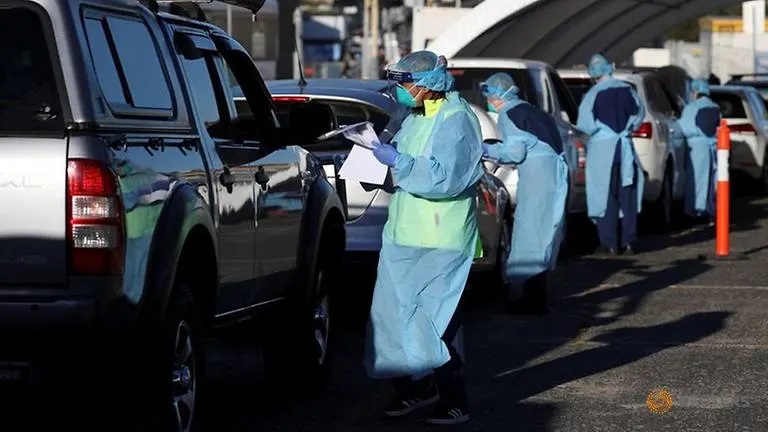SINGAPORE: Ride-hailing company Uber has reversed its decision to move its Asia-Pacific headquarters out of Singapore and will stay put in the country until at least the end of 2022.
The company had said two months ago that it planned to relocate its Asia-Pacific headquarters to Hong Kong, but has now chosen not to due to the lack of clarity on ride-sharing regulations.
“In May, we said we were ready to move our APAC HQ to Hong Kong if we saw progress on ride-sharing regulations. Since then, we have seen strong public support for reform, but not the level of certainty from the government that we need,” an Uber spokesperson told.
“As we continue those efforts, we have decided to keep Singapore as a regional hub for the medium term,” the spokesperson added.
The Singapore office currently has about 90 employees.
Uber’s announcement in May came after the firm said it was slashing 3,000 more jobs and closing 45 offices worldwide – including Singapore’s – due to the impact of the COVID-19 pandemic.
It said then that it planned to relocate its Asia-Pacific hub within “the next 12 months”.
Uber sold its Southeast Asian business to Grab in March 2018, but kept its office in Singapore to runs its Asia-Pacific operations.
In April 2019, it opened an office at Fraser Towers in Tanjong Pagar with at least 165 employees. The regional hub serves nine countries in Asia-Pacific, including Australia, India and Japan.
Hong Kong does not have any legislation enacted solely for regulating the services provided by ride-hailing apps. It is illegal for vehicles that are not licensed as taxis or possess a hire car permit to carry passengers for rewards under Hong Kong law.
Last month, Uber Hong Kong general manager Estyn Chung pressed the Hong Kong government to regulate ride-sharing and provide a regulatory framework that would allow the company to make its planned move possible, the South China Morning Post reported.
“It’s simply not possible for any business to make significant investments without regulatory certainty,” SCMP cited Mr Chung as saying.
“We’re asking the government and community leaders to sit with us and hear our vision and investment plan for Hong Kong, so together we can find a pathway to regulate ride-sharing,” he added.

